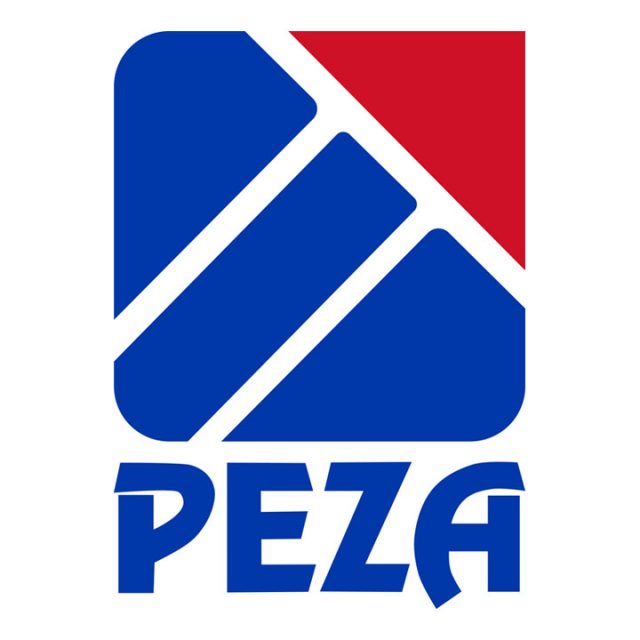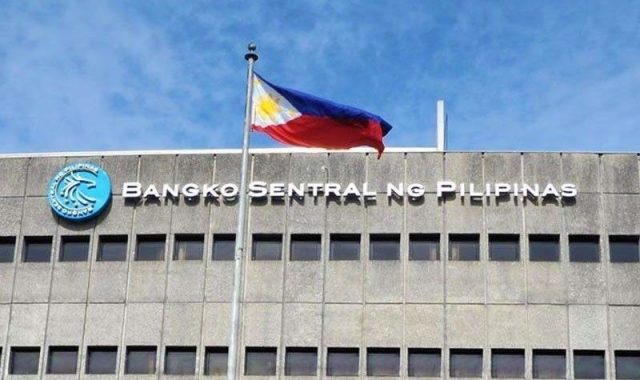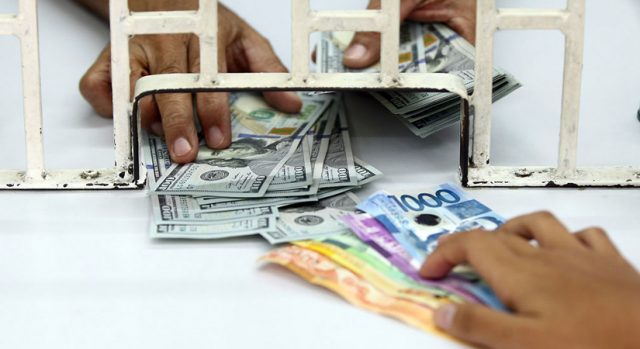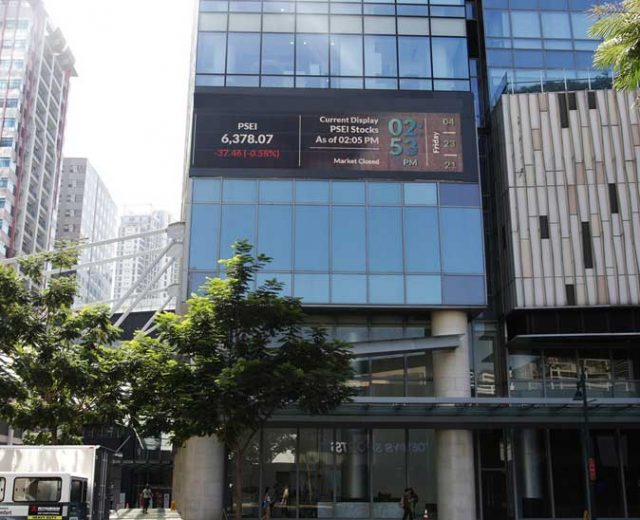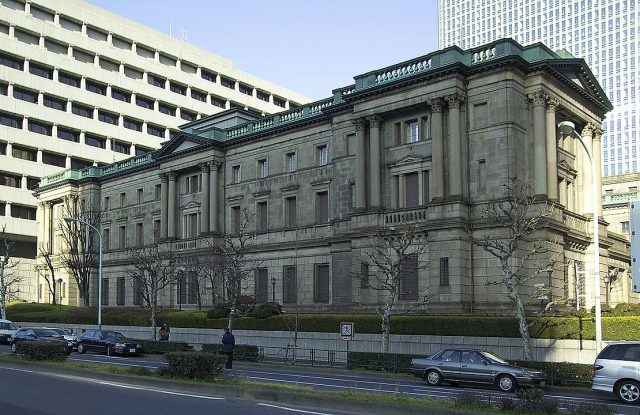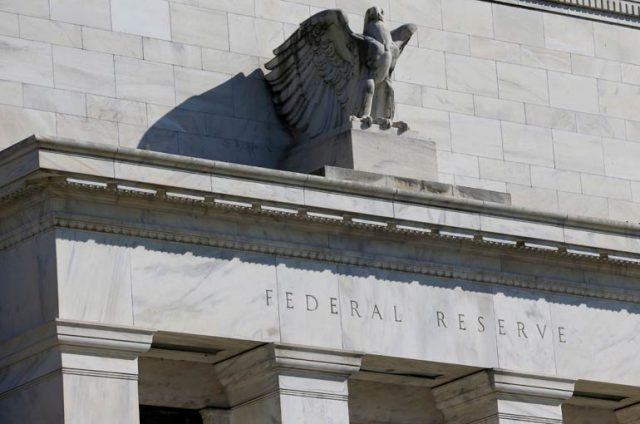WASHINGTON — The Federal Reserve on Thursday banned individual stock purchases by its top officials and unveiled a broad set of other restrictions on their investing activities, taking action roughly six weeks after reports of active trading by some US central bank policymakers triggered an ethics uproar.
The new rules will limit the types of financial securities the Fed’s top officials can own, including a ban on purchasing individual stocks or holding individual bonds and agency-backed securities. It also requires a 45-day advance notice and approval of any transaction and stipulates investments be held for at least a year.
“These tough new rules raise the bar high in order to assure the public we serve that all of our senior officials maintain a single-minded focus on the public mission of the Federal Reserve,” Fed Chair Jerome Powell said in a statement.
In the statement, the Fed said the new rules were meant to “help guard against even the appearance of any conflict of interest in the timing of investment decisions.”
The new rules were announced after two of the 12 regional Fed bank presidents — the Boston Fed’s Eric Rosengren and the Dallas Fed’s Robert Kaplan — resigned after reports of their active trading in 2020, when the central bank launched a massive effort to fight the economic impact of the coronavirus disease 2019 (COVID-19) pandemic. The Fed’s efforts helped buoy financial markets on a broad basis.
Active trading by top Fed officials will now be expressly prohibited, with purchases limited to investments like mutual funds, and all transactions vetted in advance by the central bank’s ethics officer.
Officials can continue to hold individual stocks that they owned when they took office, but would be subject to the one-year holding period and the advance notice of any sales.
But the new rules will force officials, including Mr. Powell, who owns several state and county government-issued securities, to divest individual bonds that they hold.
In times of declared financial stress, such as occurred at the start of the coronavirus pandemic, all transactions will be prohibited.
Atlanta Fed President Raphael Bostic, speaking on CNBC, said he hoped the steps announced on Thursday would let the Fed put the ethics controversy to rest and refocus on coming policy debates.
“I am hopeful that swift action will put this behind us,” Mr. Bostic said.
To the Fed’s sharpest critics on the issue, however, the new rules were a start, but with more still needed in particular to understand whether trading through the pandemic year by different officials violated any laws.
The new regulations are “a very important step forward in restoring the Fed’s reputation,” said Andrew Levin, a professor at Dartmouth College. But along with an existing investigation by the Fed’s inspector general of prior trading activity, he said the central bank should call on the US Department of Justice and US Securities and Exchange Commission to examine what happened.
Perhaps unique among US government officials, Fed policymakers not only influence the fate of individual companies or economic sectors, like other regulators, but have the power to lift asset values far more broadly — a fact that made their trading last year a lightning rod.
Beyond the resignations of Messrs. Rosengren and Kaplan, Mr. Powell and Fed Vice Chair Richard Clarida had been criticized for what, in other times, would have been treated as innocuous transactions involving, for example, stock index funds.
In the context of the economic crisis triggered by the pandemic, however, the disclosures drew demands from leaders in Congress for tougher oversight, and clouded Mr. Powell’s bid for a second term as Fed chief.
The new rules could head off those demands and dampen the criticism.
When asked about the Fed’s new rules on trading, a White House spokeswoman said President Joseph R. Biden, Jr.’s administration respected the independence of the central bank and would not comment on recent developments.
“President Biden believes that all government agencies, and officials, including independent agencies, should be held to the highest ethical standards, including the avoidance … of any suggestions of conflicts of interest,” she said.
Gregory Daco, chief US economist for Oxford Economics, said the quick toughening of ethics rules “work in his favor,” with the nomination still likely his to lose.
FOCUS ON REGIONAL BANKS
However, the issue is unlikely to fully fade, particularly with open questions about whether trading by Kaplan and Rosengren had been reviewed at all by ethics officers at their banks or at Fed’s Washington-based Board of Governors.
The 12 regional Fed banks are quasi-private institutions, not subject for example to the federal Freedom of Information Act, and the selection and oversight of their presidents a subject of frequent calls for reform.
The ethics controversy has renewed those demands, as well as a call for a broader release of any documents detailing whether Mr. Kaplan, for example, had advance approval for his multiple sales and purchases of individual stocks.
“This should be the beginning of a comprehensive investigation in what’s going on at the board and the reserve banks, not the end,” said Aaron Klein, a senior fellow for the Brookings Institution.
A New York Times report earlier on Thursday said that ethics officials in March 2020 had cautioned Fed policymakers about personal securities trading as the central bank geared up for what became a massive and wide-ranging effort to battle the pandemic and keep the economy and asset markets from crashing.
The Times said it had confirmed the substance of a March 23 email from the Fed’s main ethics office, ultimately distributed through the system and to all the regional bank presidents, advising against what the newspaper characterized as unnecessary trading given the central bank’s developing crisis response.
Over the weeks to come the Fed would launch programs that touched virtually every asset market and even offered credit to individual businesses.
Following the Times story, US Senator Elizabeth Warren, a Democrat, wrote to Powell asking that the correspondence from the ethics office be released. Warren has been among Powell’s harshest critics, and in a recent hearing dubbed him a “dangerous man” for what she regards as inadequate Fed oversight of the banking industry. She opposes his appointment to a second term as Fed chief. — Howard Schneider and Ann Saphir/Reuters


